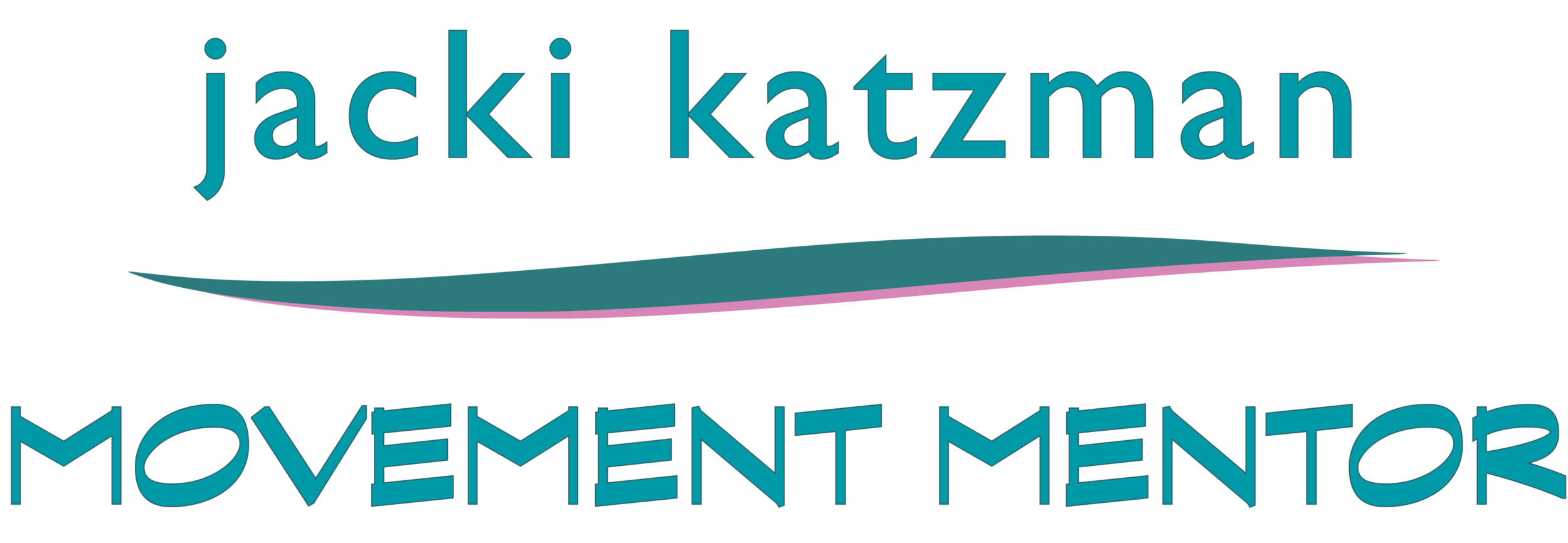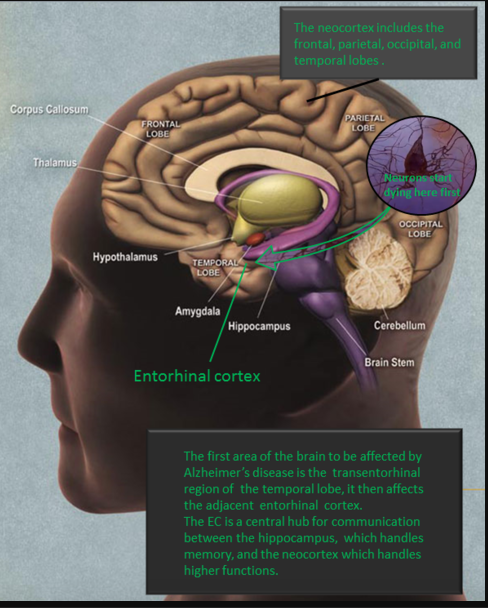Science Again Catches Up With Dr. Feldenkrais: Why Short Breaks Aid Learning
Image source: catcares.com
Science News, Taking short breaks may help our brains learn new skills
Scientists discover that the resting brain repeatedly replays compressed memories of what was just practiced
Once again, science catches up with Dr. Moshe Feldenkrais. This time the topic is rests.
In Awareness Through Movement, rests are an essential part of the process. Dr. Feldenkrais advocated for rests at a minimum because a stressed, tired, uncomfortable body diverts resources from learning to coping.
NIH researchers, using a highly sensitive technique, recorded the brain waves right-handed volunteers as they learned to type a five-digit test code with their left hands and then take a 10-second break. Volunteers’ performances improved after rests. The researchers discovered that the volunteers’ brains were replaying the activity during the rests, and that the rate of replay predicted memory strengthening.
The researchers suggest that during wakeful rest, the brain binds together the memories required to learn a new skill.
“Our results support the idea that wakeful rest plays just as important a role as practice in learning a new skill. It appears to be the period when our brains compress and consolidate memories of what we just practiced,” said Leonardo G. Cohen, M.D., senior investigator at the NIH’s National Institute of Neurological Disorders and Stroke (NINDS) and the senior author of the study published in Cell Reports.
”We were a bit surprised by these last results. Traditionally, it was thought that the hippocampus and entorhinal cortex may not play such a substantive role in procedural memory. In contrast, our results suggest that these regions are rapidly chattering with the sensorimotor cortex when learning these types of skills,” said Dr. Cohen. “Overall, our results support the idea that manipulating replay activity during waking rest may be a powerful tool that researchers can use to help individuals learn new skills faster and possibly facilitate rehabilitation from stroke.””
Finding deep parts of the brain, including the entorhinal complex. Image source: wikipedia
Don’t think about it too much, but next lesson, as you rest, realize that deep in the hippocampus and entorhinal cortex, there’s chattering going on with the sensorimotor cortex. Let the rests do their work and keep on learning!


